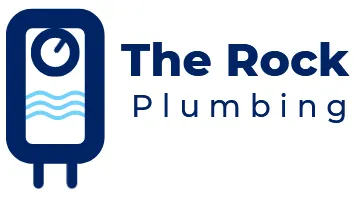Maumelle Solar Water Heater Installation: Save 60% On Utility Bills
Here in Maumelle, the sun shines bright on our Arkansas homes for about 217 days each year. While most folks think about using that sunshine for their garden or maybe catching some rays by Lake Willastein, there's another way to put all that natural energy to work - heating your home's water supply.
Think of a solar water heater like a miniature sun-powered spa for your home's water. Just like how your garden hose heats up naturally when left in the sun, these systems capture Arkansas sunshine and use it to warm your water, cutting down on those monthly utility bills that seem to keep climbing higher every year.
I've been installing water heaters in Maumelle homes for years, and let me tell you - the number of homeowners asking about solar options has really picked up lately. Between the federal tax incentives and our perfect climate for solar, it's no wonder more families are looking to harness the sun's power for their hot water needs.
But before we jump into all the details about how these systems can work for your Maumelle home, we should look at what makes our area such a great spot for solar water heating. With our elevation and relatively mild climate, most homeowners see excellent results year-round, even during our shorter winter days.

The Dollars And Cents Of Solar Water Heating
When folks ask me about the cost of putting in a solar water heater here in Maumelle, I always break it down into real numbers they can use. Let's get straight to what matters to your wallet:
Initial Costs for Maumelle Homes:
Basic system installation: $3,000-$5,000. Mid-range system with storage: $5,000-$8,000. Premium system with advanced features: $8,000-$12,000.
But here's where it gets good - the government wants to help you pay for it! Right now, Arkansas homeowners can get: 30% federal tax credit on the total system cost. Property tax exemptions for solar installations. Additional utility company rebates (amounts vary by provider).
What This Means for Your Monthly Bills:
A typical Maumelle family using an electric water heater spends about $400-600 yearly on
water heating. After installing a solar system, most homeowners see their water heating costs drop by 50-80%. Let's do the math:
Annual savings example: Before solar: $500/year After solar: $100-250/year Savings: $250-400/year. Plus, homes with solar water heaters typically sell for 4% more than similar properties without them. On a $300,000 Maumelle home, that's an extra $12,000 in property value.
Return on Investment Timeline:
With current energy rates in Maumelle (averaging $0.10/kWh), most families break even on their
solar water heater in: Basic system: 5-7 years. Mid-range system: 7-9 years. Premium system: 9-12 years.
Remember, these numbers get even better if energy prices keep going up, which they usually do!

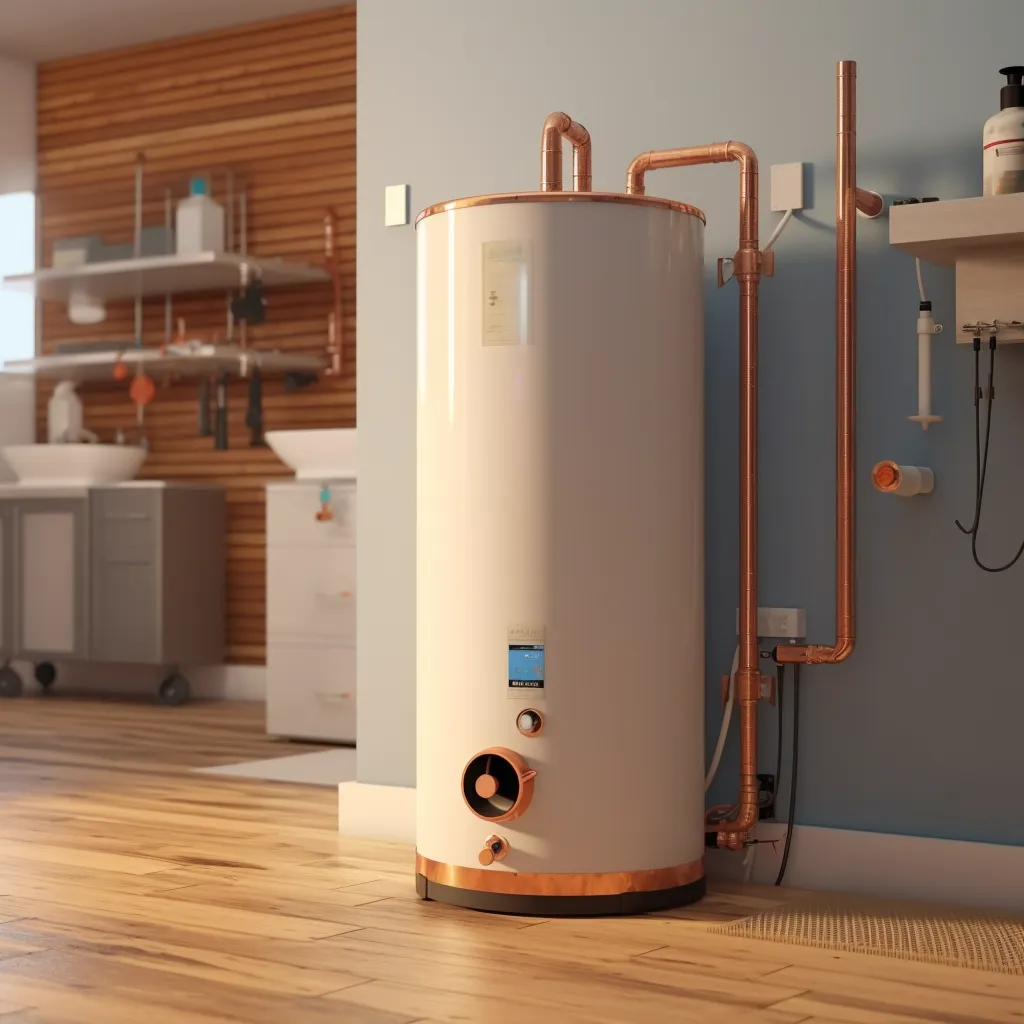
Busting Common Solar Water Heater Myths
Let me clear up some things I hear all the time when talking
to folks in Maumelle about solar water heaters:
"Solar Won't Work in Winter"
Boy, do I hear this one a lot! But here's the real deal from installing these systems right here in Arkansas: Even on 30°F days, solar water heaters still collect heat. Most systems warm water to 120°F+ year-round. Backup electric elements kick in only when needed. Special antifreeze systems protect pipes in cold weather.
"Installation Will Turn My House Upside Down"
Not true at all! A typical installation in Maumelle: Takes 1-2 days for most homes. Requires minimal indoor disruption. Uses existing water heater connections. Keeps your water running during install.
"These Things Need Constant Fixing"
The truth about maintenance: Annual check-up (just like your AC). Clean collectors once or twice a year. Check fluid levels every 3-5 years. Most parts last 20+ years.
"It Won't Work When It's Cloudy"
Even on gray Arkansas days: Systems still collect about 40% of normal energy. Storage tanks keep water hot for 24-48 hours. Backup systems handle extended cloudy periods.
"The Price Tag is Way Too High"
Let's be real about costs: Monthly savings offset payments Tax credits cut initial cost by 30% Energy rates keep rising (making solar more valuable) Systems last 20+ years (longer than standard heaters).
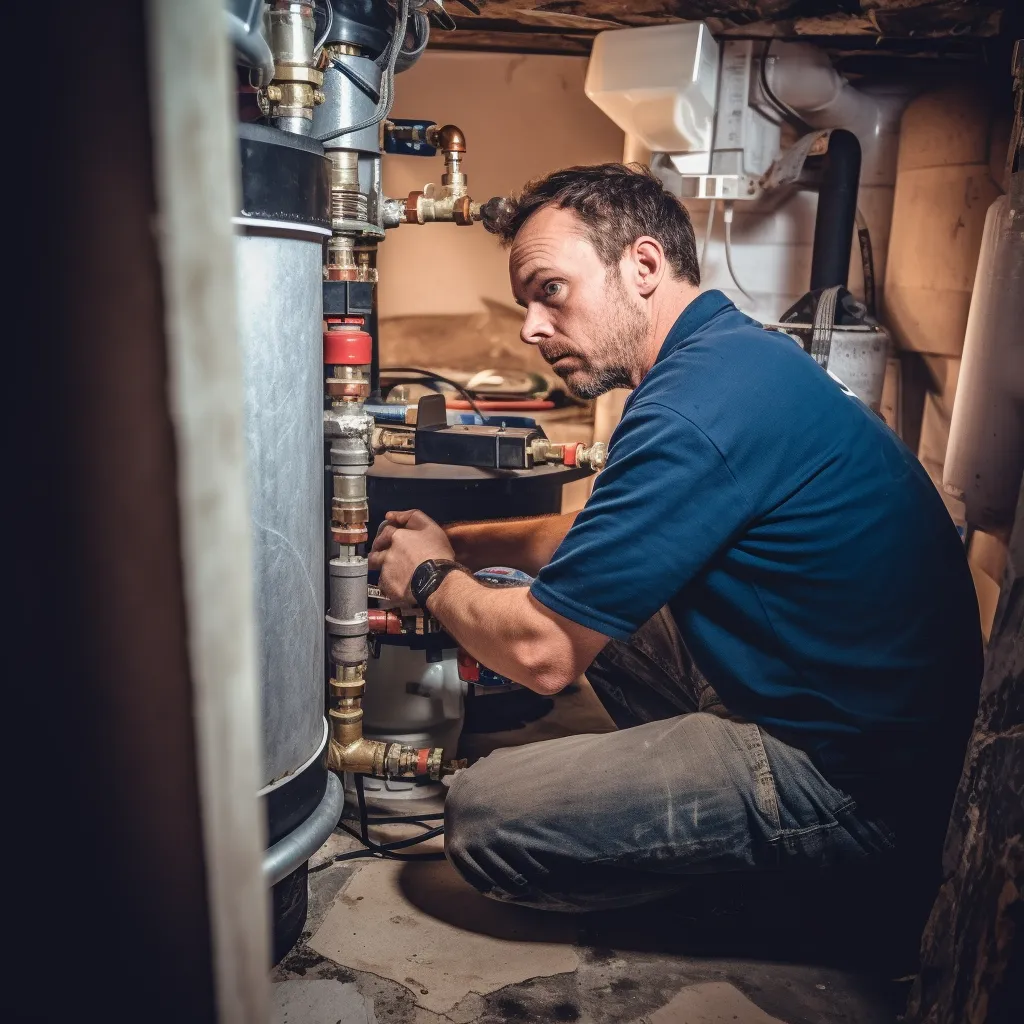

Types of Solar Water Heaters That Work In Maumelle
Let me break down which systems I recommend for different homes in our area, based on my experience installing these across Maumelle.
Active vs. Passive Systems
Active Systems (Most common in Maumelle): Use electric pumps and controls. Better for freezing temperatures. More expensive but more efficient. Perfect for our Arkansas winters Cost range: $5,000-$8,000.
Passive Systems (Less common here): No electric parts. Work by natural water flow. Lower cost but less efficient. Better for mild climates. Cost range: $3,000-$5,000.
Direct vs. Indirect Systems
Direct Systems: Heat household water directly. Work best above freezing. Less expensive to install. Good for summer homes. Not recommended for full-time Maumelle homes.
Indirect Systems (Best for Maumelle): Use antifreeze fluid. Protected from freezing. More complex installation. Perfect for year-round use. Better performance in winter.
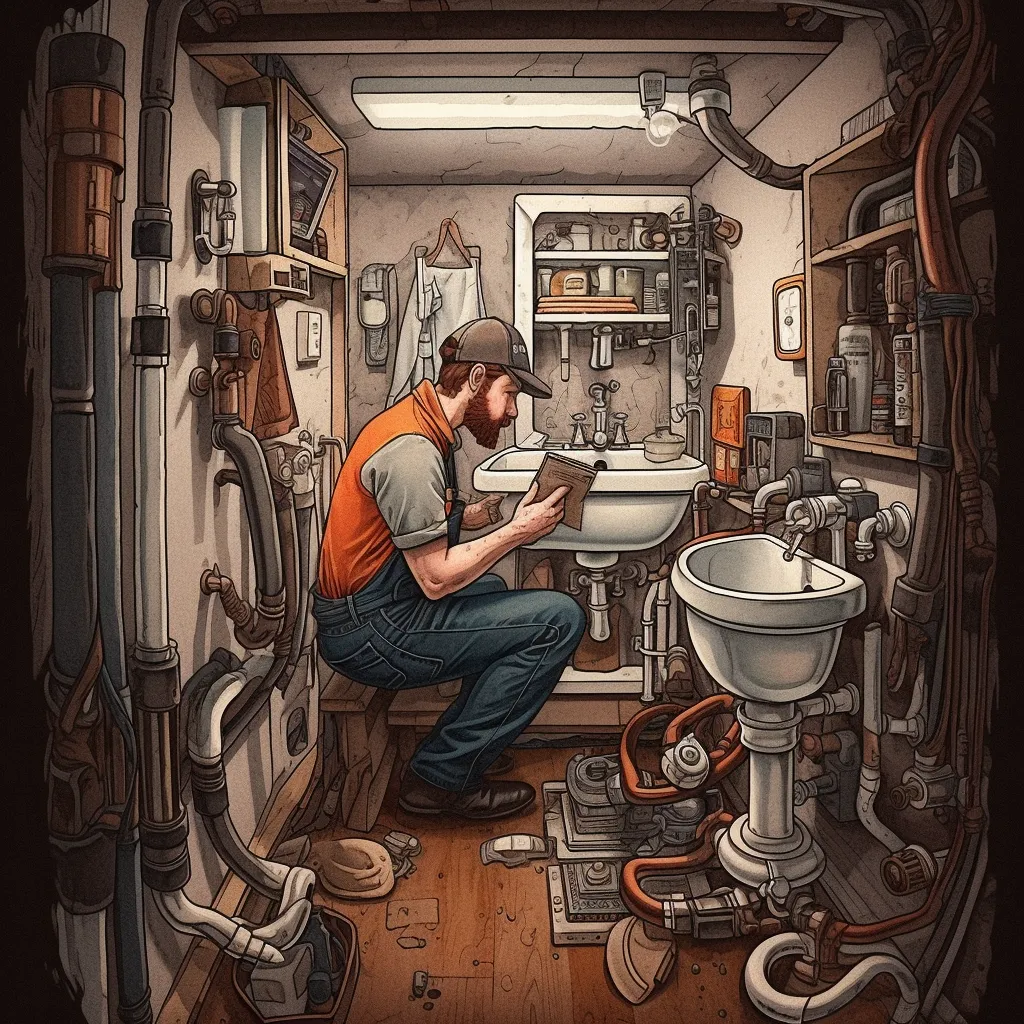
What Is Required For Solar Water Heater Installation
Space Requirements:
Roof area: 60-120 square feet. Storage tank space: 4x4 foot area. Mechanical room access. South-facing roof section (ideal).
Roof Considerations:
Must support 45-90 pounds per collector. Pitch between 30-45 degrees works best. Need proper mounting points. Shading from trees matters.
Backup System Integration
For Existing Electric Heaters:
Keep current tank as backup. Add solar storage tank. Connect both systems. Automatic switching.
For Gas Heater Homes:
Can keep gas backup. Might need electric backup. New tank installation. Modified piping setup.

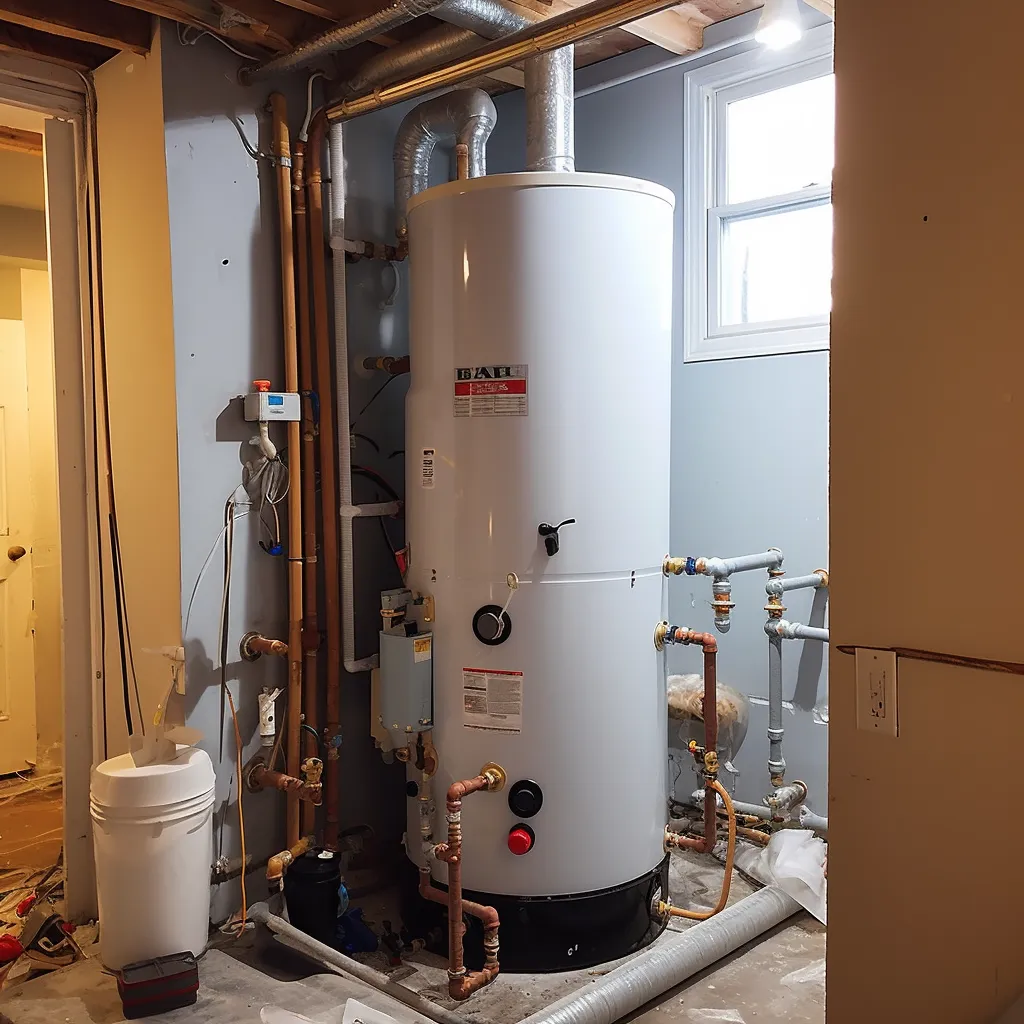
Making Solar Work With Your Current Plumbing
Let me break down exactly what we look at when connecting a solar water heater to your Maumelle home's plumbing.
Connection Points in Detail
Main water line tie-in:
Usually connects near your current water heater. Needs 3/4 inch pipe minimum. Requires special brass fittings for longevity. Must have isolation valves on both sides. Often needs a new pressure regulator.
Hot water output:
Direct line to home's hot water system. Anti-scald mixing valve required by code. Multiple connection options based on home layout. Built-in bypass system for maintenance. Temperature sensors at key points.
Temperature mixing valves:
Prevents scalding water accidents. Adjusts automatically to solar input. Blends hot and cold water as needed. Located near tank for easy access. Required by Arkansas building codes.
Relief valve locations:
One on solar storage tank. One on backup heater. Both drain to safe location. Easy access for testing. Meet local code requirements.
Shut-off valve spots:
Cold water supply line. Hot water output line. Solar loop isolation. Drain valve locations. Service valve access points.
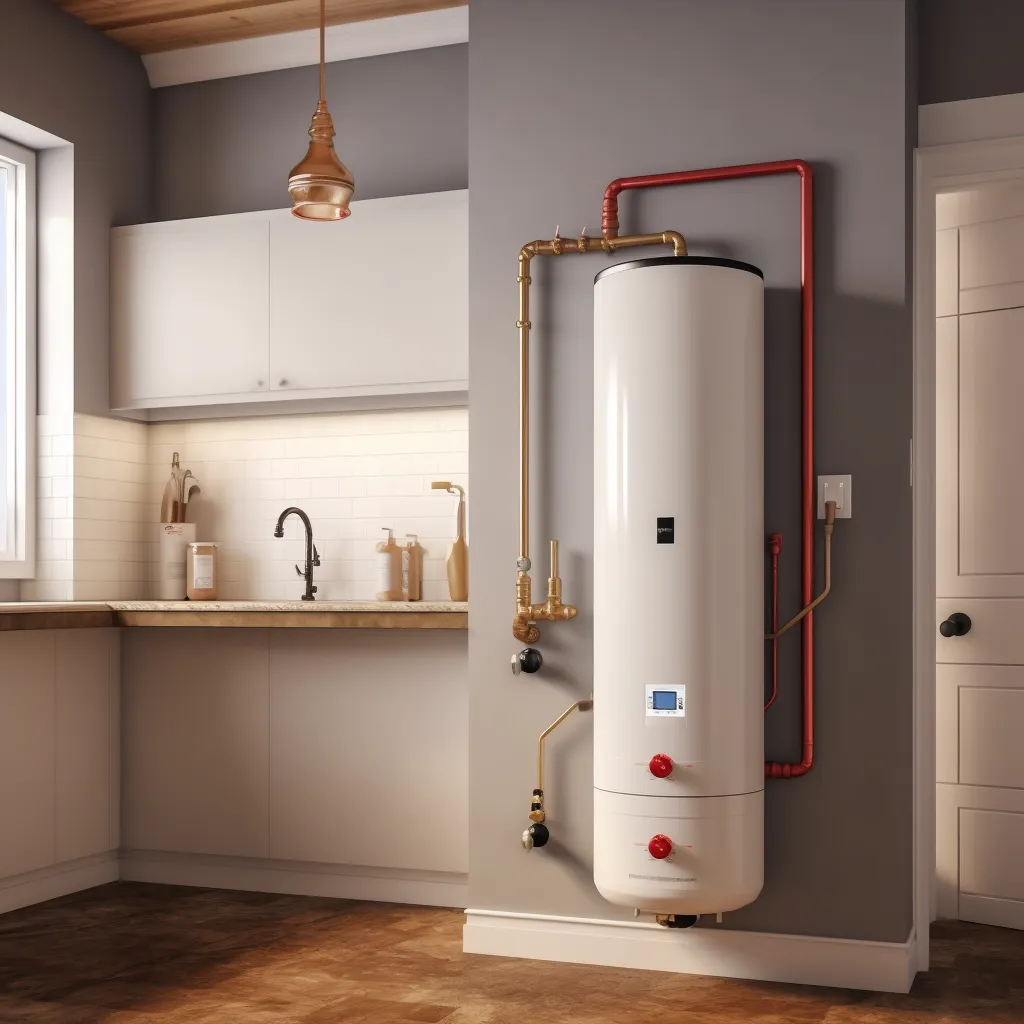
Backup Water Heater Details
Old tank staying as backup:
Acts as secondary heat source. Needs new connecting pipes. Gets solar pre-heated water. Requires controller updates. Might need minor modifications.
New tank in series setup:
Solar tank feeds backup tank. Both tanks properly sized. Matched flow rates. Coordinated controls. Efficient heat transfer.
Automatic system working:
Digital controller manages both. Temperature sensors guide switching. Flow meters monitor usage. Backup kicks in when needed. Solar priority programming.
Pipe Modifications
New copper lines needed:
Solar loop specific piping. High-temp rated materials. Proper slope for drainage. Support every 6 feet. Insulation requirements.
Additional valves and gauges:
Pressure gauges at key points. Temperature gauges visible. Flow indicators installed. Check valves prevent backflow. Service valves for maintenance.
Insulated pipe runs:
UV resistant outdoor sections. High-temp foam insulation. Vapor barrier protection. Weather-sealed joints. Extra thickness in attics.
Anti-scald protection:
Mixing valves at points of use. Master thermostatic valve. Temperature limiting devices. Quick response sensors. Fail-safe mechanisms.
Extra shut-offs:
System isolation points. Maintenance access spots. Emergency shutoff locations. Drain valve positions. Zone control options.
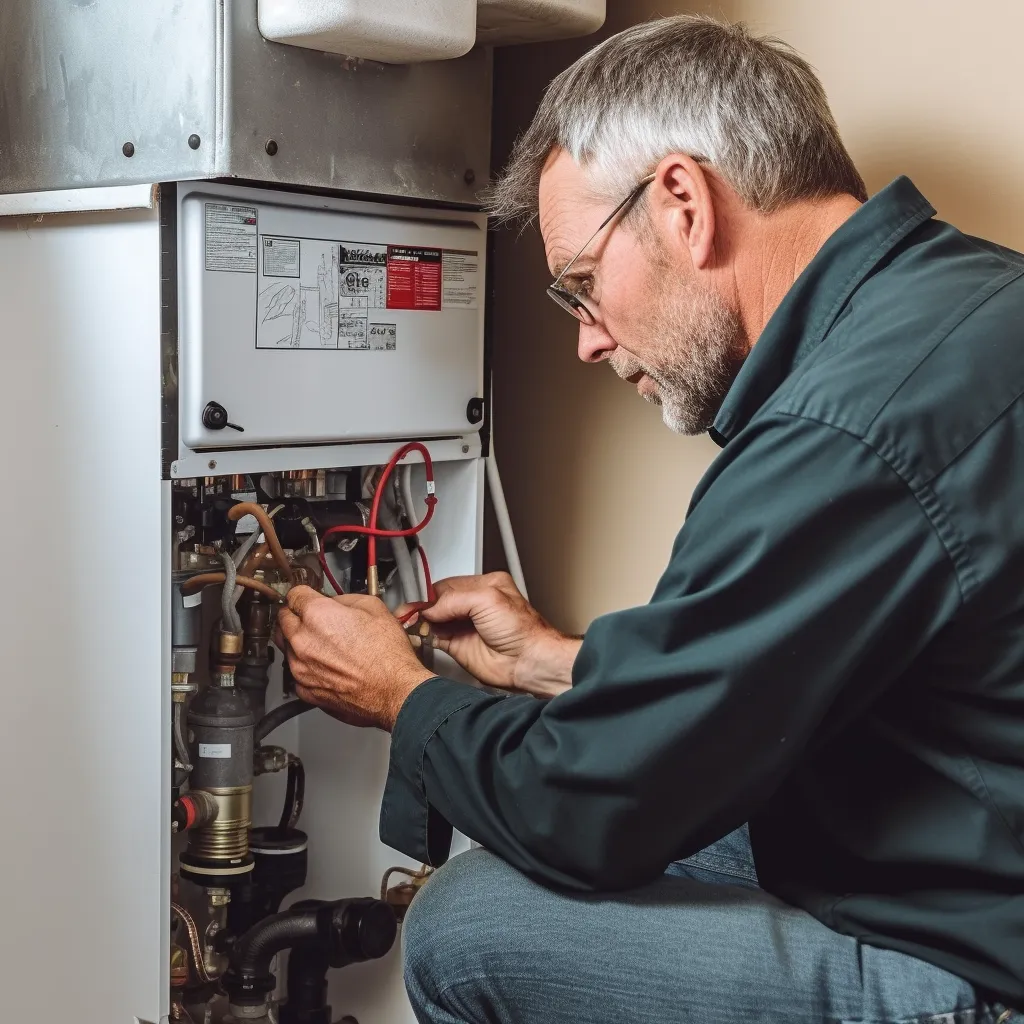

Your Solar Water Heater Through Arkansas Seasons
Living in Maumelle means dealing with our four distinct seasons. Here's how your solar water heater handles each one, and what you need to do to keep it running its best:
Spring Performance (March-May)
System wakes up from winter. Temps hit sweet spot for efficiency. Rain doesn't hurt performance much. Pollen needs washing off collectors. Perfect time for annual check-up.
Maintenance Tips: Wash collectors after pollen season. Check all roof connections. Test pressure relief valves. Clean filters and strainers. Look for winter damage.
Summer Peak Times (June-August)
Highest efficiency months. System often makes extra hot water. Might need temp adjustment down. Watch for storm damage. Clean off dust and debris.
Maximum Efficiency Steps: Adjust collector angles if needed. Clean panels monthly. Check insulation isn't damaged. Monitor pressure readings. Test backup system rarely runs.
Fall Prep Work (September-November)
System still running strong. Time to prep for winter. Check antifreeze levels. Clean before leaves fall.
Test freeze protection
Getting Ready: Top up heat transfer fluid. Clear leaves from collectors. Check all pipe insulation. Test freeze sensors. Adjust temperature settings up.
Winter Protection (December-February)
System still works on cold days. Backup runs more often. Freeze protection activates. Shorter days mean less hot water. Snow reflects extra light.
Cold Weather Tips: Keep snow off collectors. Watch for ice dams. Monitor system pressure. Check antifreeze protection. Let backup handle peak loads.
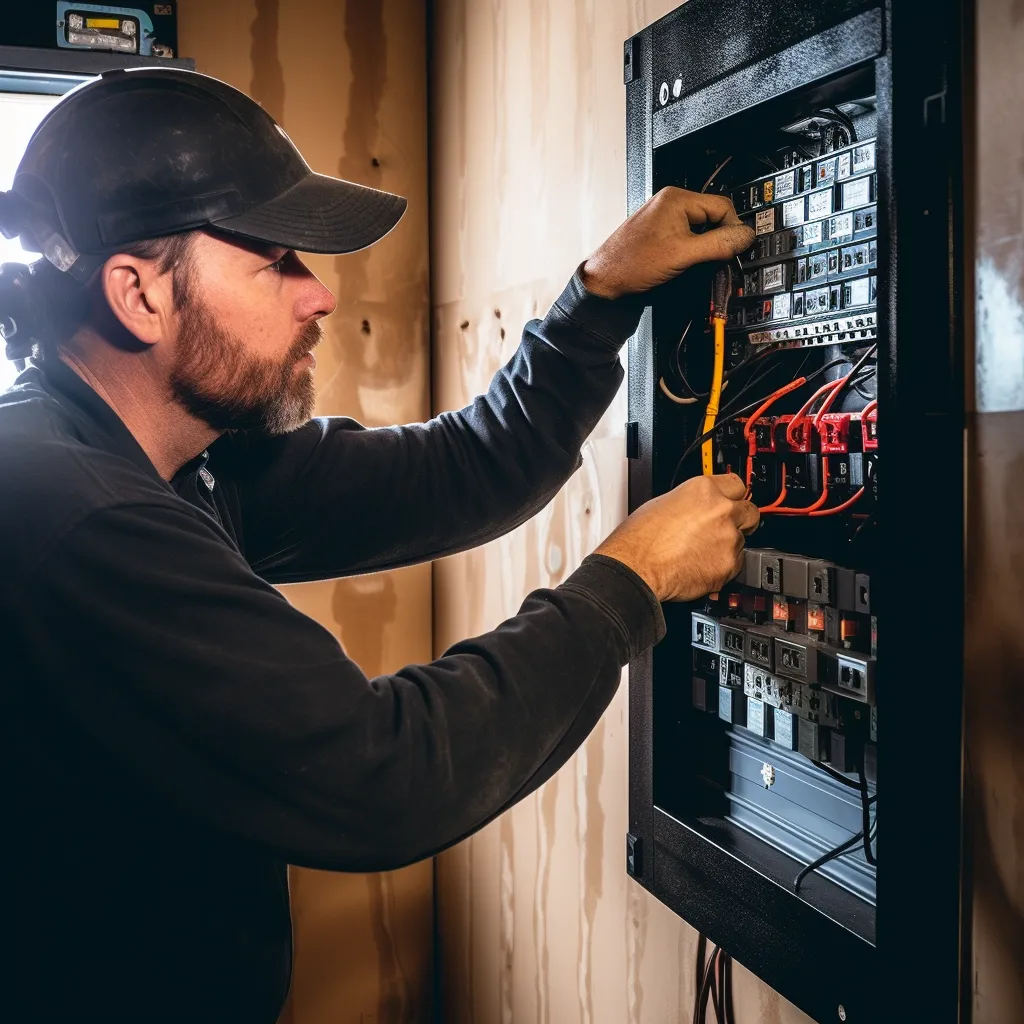
Installing Your Solar Water Heater: What To Expect
Let me walk you through exactly what happens when we install a solar water heater at your Maumelle home.
First Visit: Checking Your Home
Walk through your house. Look at your current setup. Check roof strength. Measure sun exposure. Find best tank location. Map out pipe routes. Write down your hot water needs.
Picking Your System
Match system to your needs. Size collectors right. Choose tank size. Pick the right backup. Select best mounting spots.
Getting Legal Stuff Done
Pull Maumelle building permits. File HOA paperwork if needed. Get utility company approval. Schedule city inspections. Handle rebate paperwork.
Installation Day-By-Day
Day 1: Set up safety equipment. Mount roof supports. Install collectors. Run pipe through roof. Set up tank location.
Day 2: Install storage tank. Connect all piping. Add control system. Fill and test system. Clean up work areas.
Testing Everything
Pressure test all pipes. Check all connections. Test pump operation Verify sensor readings. Run complete system check.
Final Inspection
City inspector review. Pressure tests passed. Temperature checks done. Safety systems verified. Paperwork completed.
Teaching You Your System
Show all controls. Explain maintenance needs. Give operation manual. Share emergency numbers. Answer all questions.
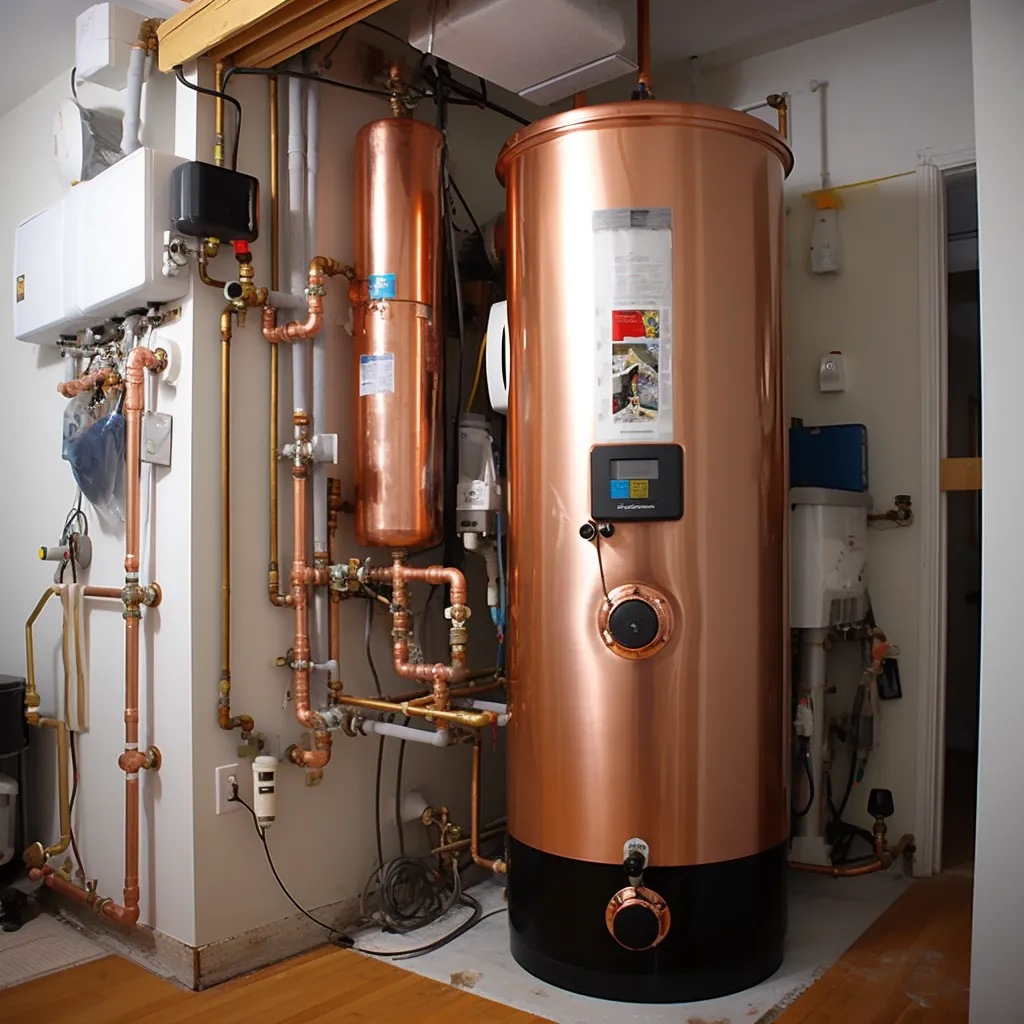
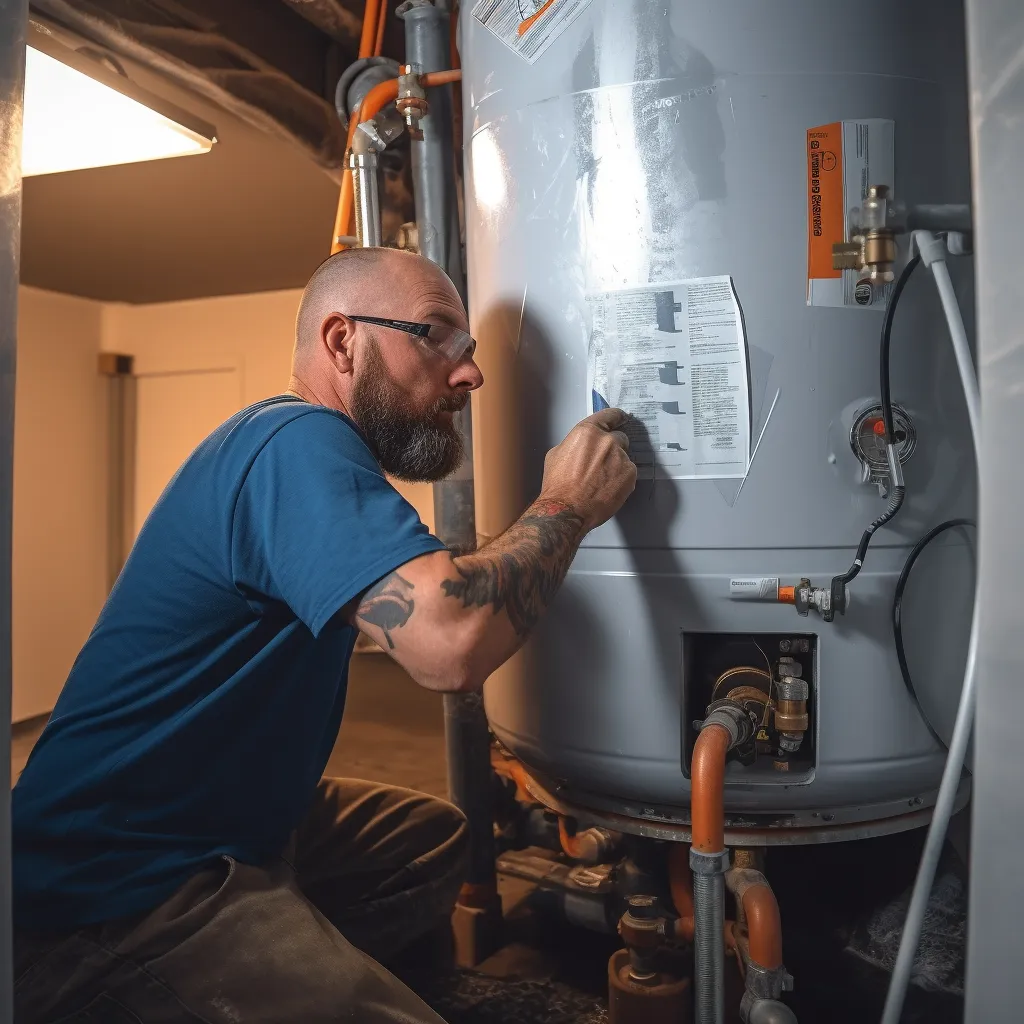
Professional Installation vs DIY: Real Talk
Let me share what I've seen after years of installing these systems in Maumelle homes - and fixing DIY attempts.
Safety First
Roof work risks. High voltage wiring. Hot water burns. Heavy lifting. Pressure systems. Fall protection needed.
What Maumelle Code Says
Licensed plumber required. Electrical permits needed. Special solar permits Inspection requirements. Safety equipment rules. Pressure test standards.
Insurance and Warranty Issues
DIY voids most warranties. Home insurance concerns. No liability coverage. Leak damage risk. System failure costs. Property damage exposure.
Common DIY Mistakes I Fix
Wrong pipe sizing. Bad roof penetrations. Missing safety valves. Poor insulation. Incorrect angles. Backward connections. Unsafe wiring. Missing sensors.
Long-Term Problems
Leaks show up later. Efficiency suffers. Parts fail early. Higher bills. System damage. Roof damage. Lost savings.
Required Know-How
Plumbing certification. Solar installation training. Electrical knowledge. Roofing experience. OSHA safety rules. Local code expertise. System design skills.
Risk vs Reward
Average repair cost: $2,500. Water damage: $5,000+. Roof repairs: $3,000+. Lost tax credits. No warranty help. Higher bills stay.
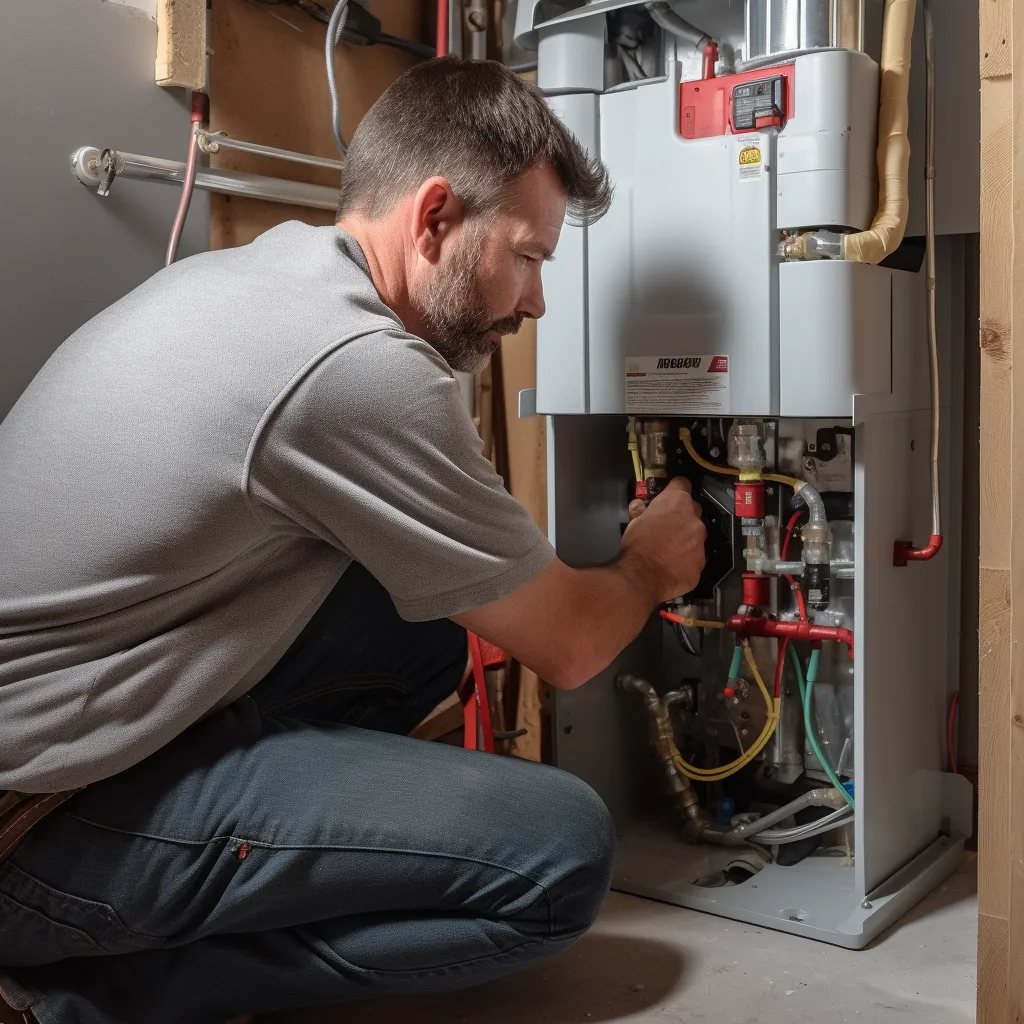
Paying For Your Solar Water Heater In Maumelle
Let me break down all your payment options - there's more help out there than most folks know about.
Regular Bank Loans
Home Equity Options: 5-15 year terms. Lower interest rates. Tax-deductible interest. Uses home as collateral. Monthly payments: $100-300. Quick approval usually.
Personal Loans: No collateral needed. Higher interest rates. Faster to get 2-7 year terms. Monthly payments: $150-400. Credit score matters.
Credit Choices: Home improvement cards. Zero interest deals. 12-18 months no interest. Watch for rate jumps. Good for small systems Quick to get.
Government Money Help
Federal Tax Credits: 30% of total cost back. No upper limit. Get it at tax time. Parts and labor count. Can carry forward. Easy paperwork.
Arkansas Programs: Property tax breaks. Installation aid. Local rebates vary. Energy audit help. Permit fee waivers. Stack with federal aid.
Power Company Programs
Current Offers: Installation rebates. Rate reductions. Zero interest loans. Energy audit credits. Monthly bill credits. Performance rewards.
Money Back Math
Example for $6,000 System: Federal credit: -$1,800. State help: -$500. Utility rebate: -$400. Your cost: $3,300. Monthly savings: $40-60. Payback: 4-6 years.
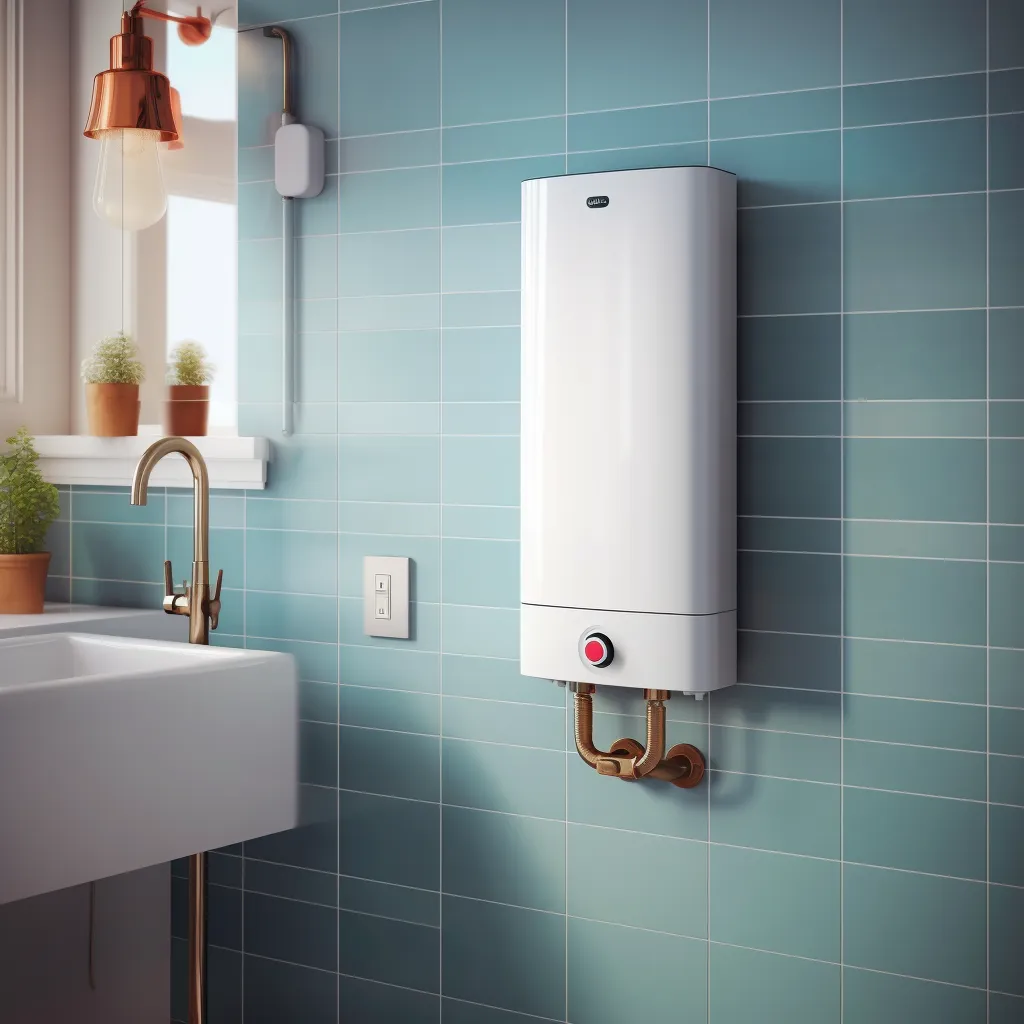
How To Keep Your Solar Water Heater Running Right
Let me tell you what it takes to keep your system working great for years - it's easier than most folks think.
Yearly Tasks
Check fluid levels. Clean collectors. Test valves. Look at pipes. Check temperatures. Fix small issues. Write down readings.
How Long It Lasts
System Parts Life: Collectors: 20-25 years. Storage tank: 15-20 years. Pumps: 10-15 years. Controllers: 10+ years. Sensors: 8-12 years. Valves: 10+ years.
Winter Getting Ready
Check antifreeze. Add pipe insulation. Test freeze protection. Clear off collectors. Watch pressure gauge. Set up snow removal.
Fix-It Basics
Signs to Watch: Less hot water. Higher power bills. Strange noises. Leaking pipes. Pressure changes. Funny smells. Cold water times.
Quick Fixes: Reset controller. Clean collectors. Tighten fittings. Add fluid. Clear air bubbles. Check breakers.
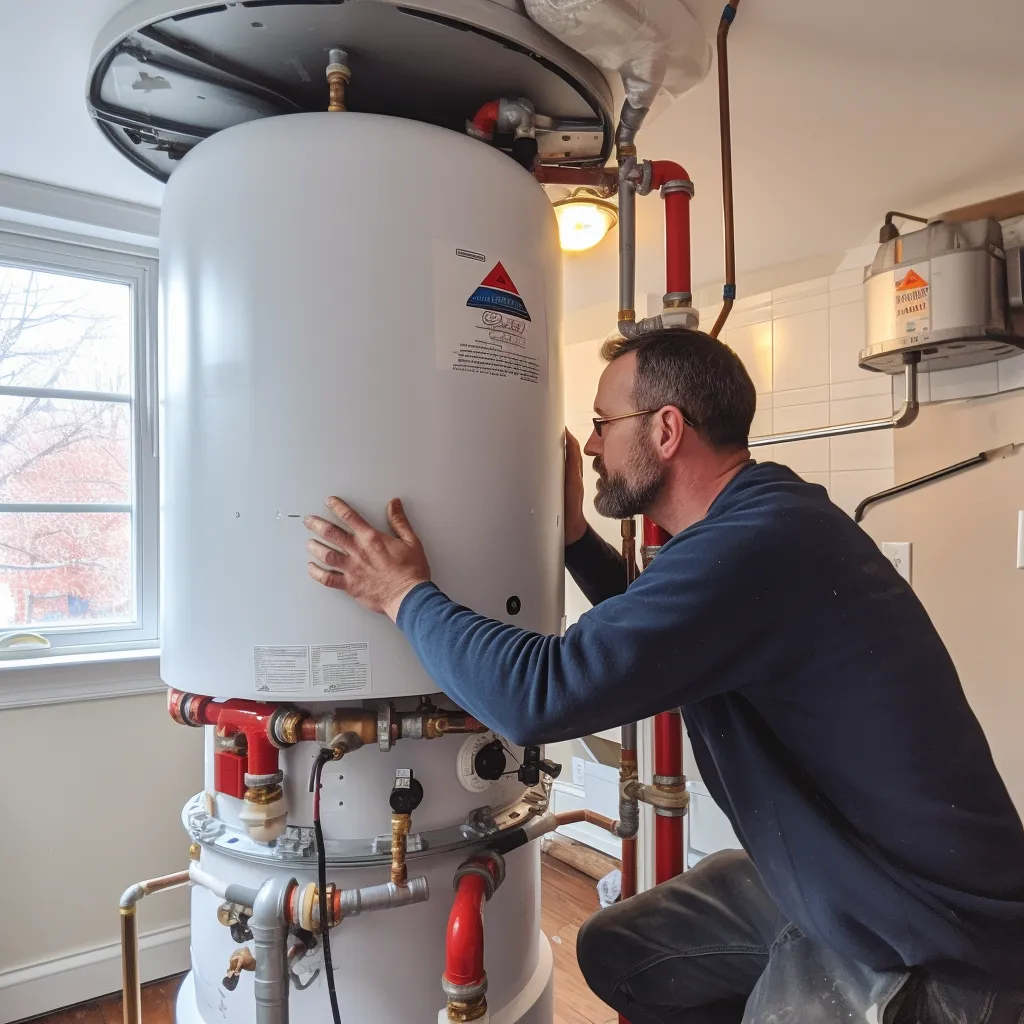
Ready To Start Saving With Solar Water Heating?
Getting a solar water heater in your Maumelle home isn't just about saving money - it's about making a smart choice for your family and
our community. After putting these in homes across Arkansas for years, I've seen how much difference they make in both bills and comfort.
Next Steps Are Simple:
1. Give us a call.
2. Get a free home check.
3. Pick your perfect system.
4. Watch your bills drop.
We'll handle everything else - permits, installation, testing, and teaching you about your new system.
Get in Touch:
Phone: 501-222-9691
Email: joe@waterheatermaumelle.com
Your family deserves hot water that doesn't cost the earth - in money or environmental impact. Let's talk about making that happen.
Free quotes available all week. Call today and see what solar can do for your home.
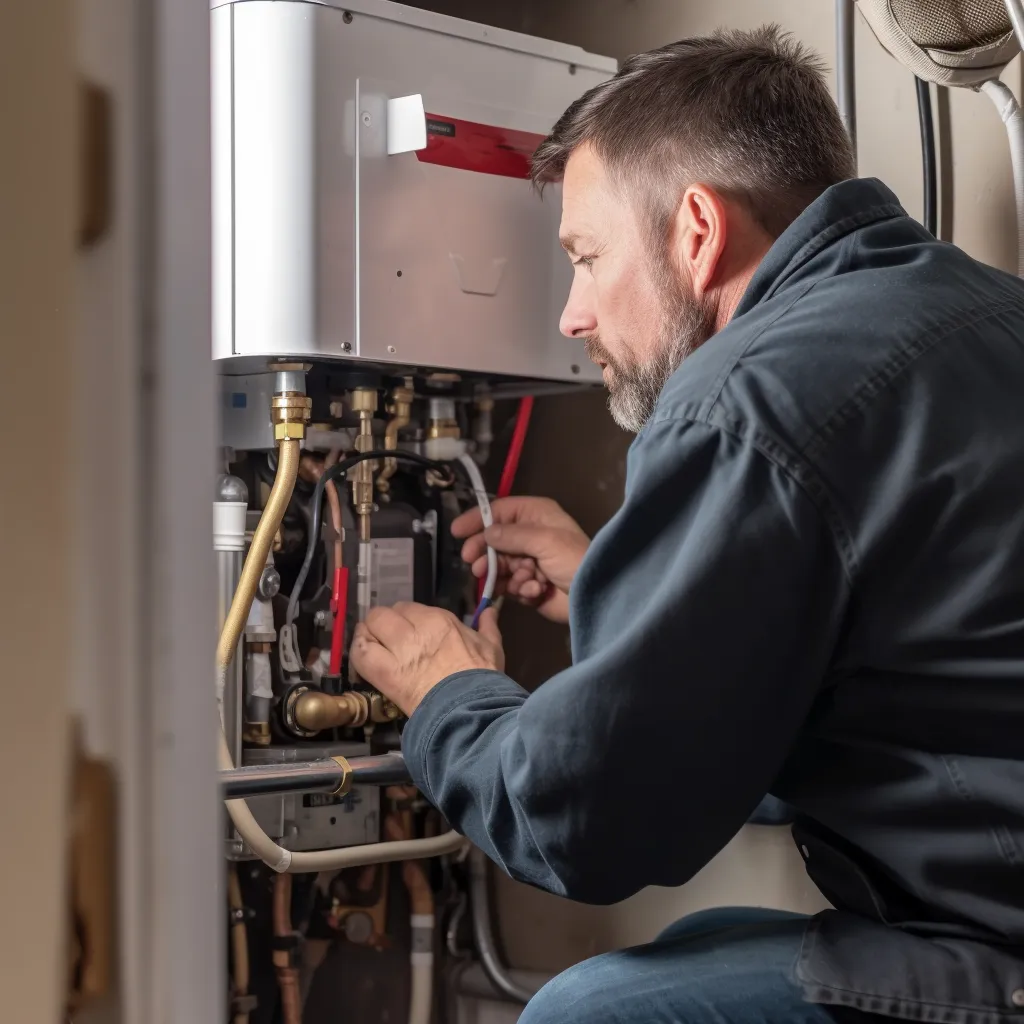
Frequently Asked Questions About Solar Water Heaters
Q: How much will I really save each month?
A: Most Maumelle families save $40-60 on monthly bills. In summer, savings hit $70-80. Winter savings run $30-40.
Q: What's the real total cost after all the rebates?
A: For a typical Maumelle home, final costs run: Basic system: $2,500-3,500. Mid-range: $3,500-5,500. Premium: $5,500-8,000 (After tax credits and rebates).
Q: How long until it pays for itself?
A: Most Maumelle homes hit break-even in 4-7 years. Faster if power rates keep going up.
Q: What happens when the power goes out?
A: Your backup kicks in just like a regular water heater. You'll still have hot water.
Q: How hot does the water get?
A: Systems heat water to 120-140°F year-round. Controllers keep it from getting too hot.
Q: What about hard water damage?
A: We install special valves and filters to protect against Maumelle's hard water. Systems last 20+ years.
Q: How long does installation take?
A: Most jobs take 1-2 days. We get you back to hot showers fast.
Q: Will it damage my roof?
A: No. We use special mounts and sealants rated for 25+ years. Never seen a leak.
Q: Do I need a new water heater too?
A: Not always. We can use your current one as backup if it's less than 10 years old.
Q: What happens on cloudy days?
A: System still works at 40-60% power. Backup handles the rest.
Q: How much maintenance do they need?
A: Just yearly checkups and cleaning. Less than your AC needs.
Q: What if something breaks?
A: Parts last 15-25 years. If something breaks, most fixes take under 2 hours.
Q: Will it work with my home's water pressure?
A: Yes. We adjust everything to match your Maumelle home's pressure perfectly.
Contact Us
GET IN FULL TOUCH
PHONE: 501-222-9691
EMAIL:
joe@waterheatermaumelle.com
The Rock Plumbing
Maumelle, AR 72113
